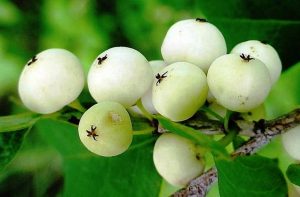The technology is spreading. A great help to increasing the yield of the fields and available food.
Solar water pumps play an important part in improving the income of rural families. Around 95% of the cultivated land in sub-Saharan Africa depends exclusively on unreliable seasonal rains to supply water needs. The use of solar pumps makes it possible to double or triple the harvests according to the climate and the type of crops grown.
The cost of a high-quality solar pump is recuperated within a year or eighteen months. The cost of a diesel engine-powered takes two or three years to recuperate depending on price of fuel and how much it is used. It is estimated that 700,000 farming families could purchase a solar pump while in India the estimate amounts to 4.2 million families. In recent years, the fall in the price of solar panels has accelerated the spread of these systems.
Taking into consideration a further reduction in prices and a possible increase in income, the solar pump market in sub-Saharan Africa may involve 2.8 million families and be worth 1.6 billion dollars. The International Water Management Institute has calculated that in Ethiopia alone 6.8 million hectares of land are potentially suitable for agriculture using solar energy-powered irrigation.
There is a growing variety of pumps and irrigation systems designed to meet the needs of small farmers. The smallest systems, used to irrigate half a hectare, cost around 800 dollars. Various programmes have fostered their widespread use especially in areas without electricity. For example, the UNDP has launched a programme worth 4.4 million dollars to test solar pumps on 29 farms in Sudan. This has provided data over the past two years to initiate a programme for a further 1,440 solar installations before the end of 2022.
It is estimated that the increase of the sub-Saharan area irrigated could reduce dependence on food imports from the present figure of 54% to 17-40%, which would make much more food available for local consumers at more affordable prices.






